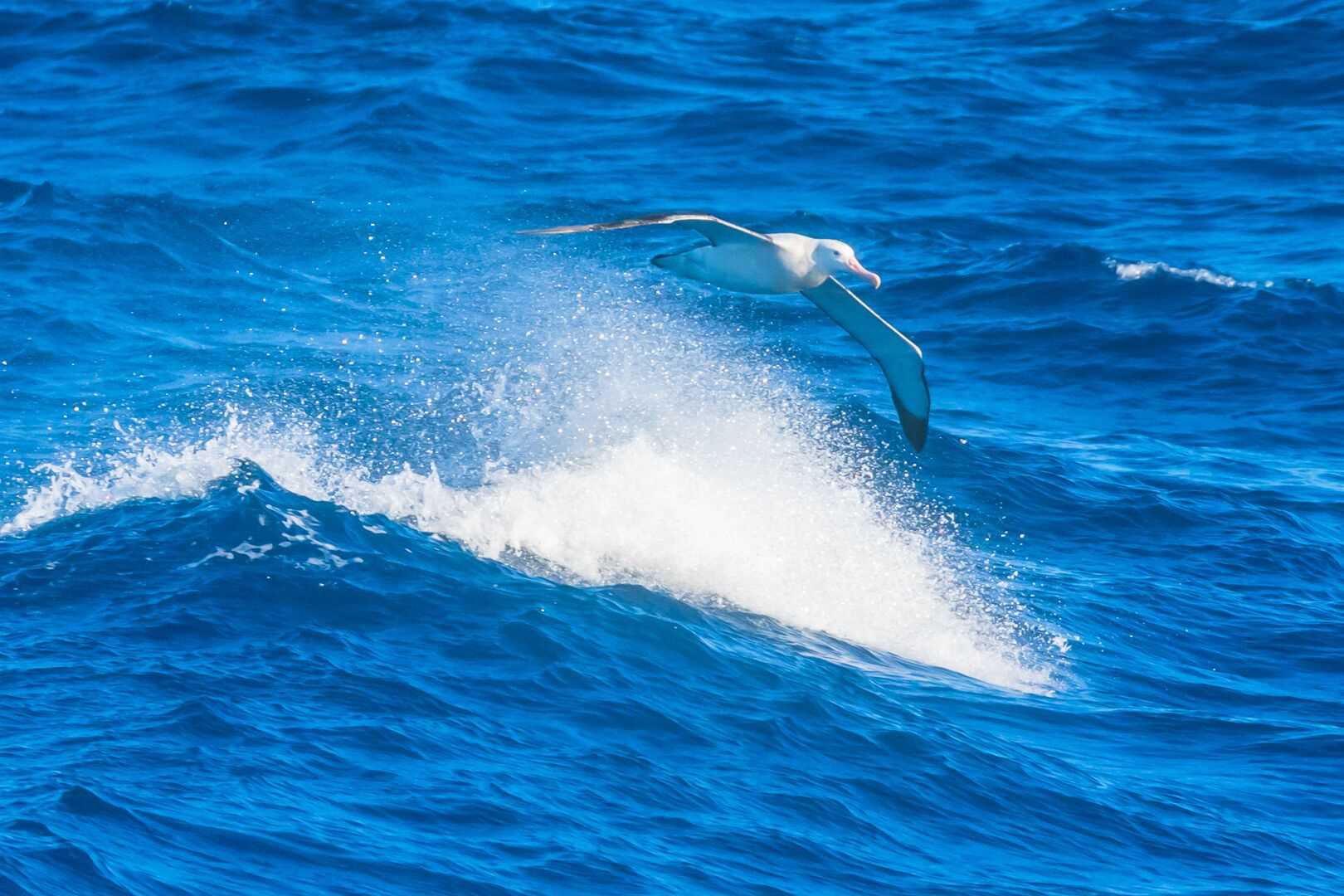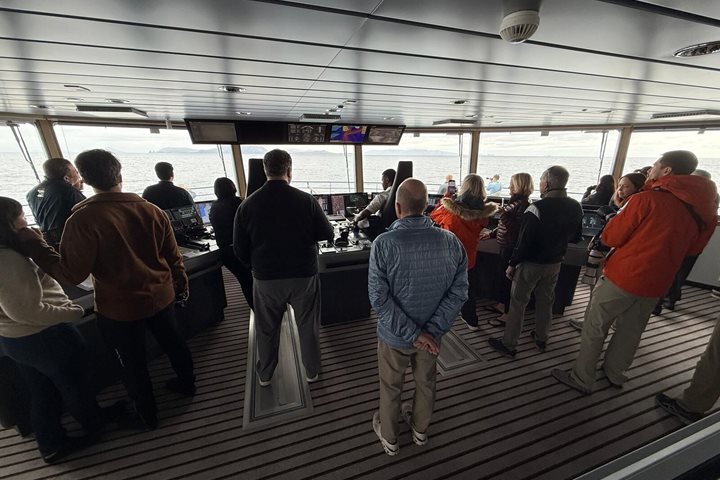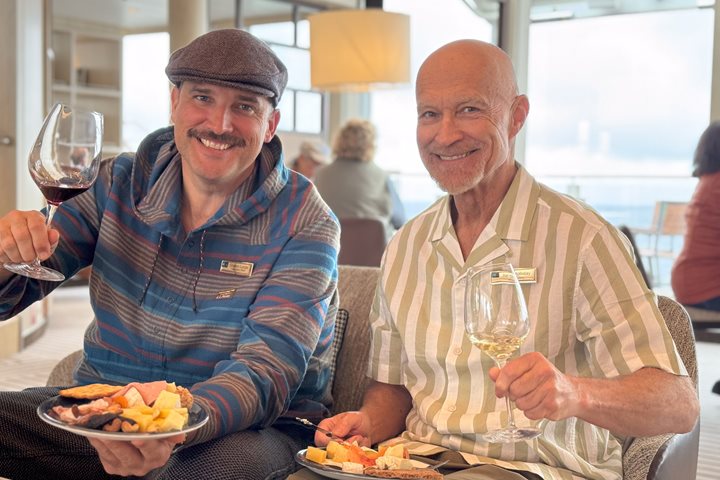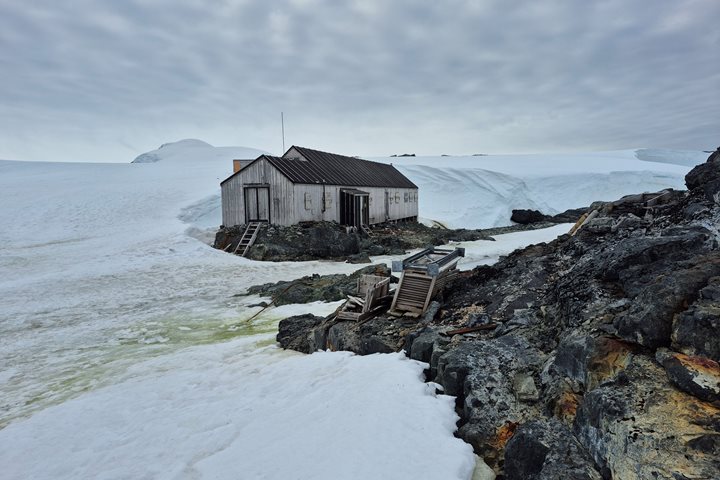On the morning of February 9th, guests on board National Geographic Resolution woke to calm seas and fair winds. The notorious Drake Passage is a bottleneck of the Southern Ocean between southern Argentina and the tip of the Antarctic Peninsula. With calmer conditions than usual, the passage was more like crossing “Drake Lake.”
The first day on board is a nice opportunity to ease into ship life and become acquainted with the surrounding wildlife. Though the ship will continue to sail with no land in sight, many seabird species are happiest in these conditions. Taxonomically, the seabirds spotted today were mostly part of the procellariiformes family. This family is comprised of birds particularly good at filtering seawater through their bills, eliminating the need for a freshwater source. Many albatross and petrel species cruise at sea for long periods of time, only relying on land to breed and raise their clutch. These animals hunt in the shallow polar sea and feast on small marine invertebrates, like copepods and krill, that spend time near the surface. Examples of these birds – all sighted today – include wandering albatrosses, royal albatrosses, black-browed albatrosses, blue petrels, and giant petrels.
Their prey is part of the plankton community, a mixed group of animals and photosynthesizing organisms defined by their ecological niche. These species spend time in the water column. They are at the whim of currents and tides, at least for a portion of their lives. Some of these critters spend all their lives in the open ocean and are signaled by sunlight to ascend or descend to protect themselves from predation, while others are just hitching a ride. Oftentimes, invertebrate juveniles fall into the latter group, allowing the current to assist in genetic dispersal before they enter their next life phase when most become more sessile.
On the first day of the ship’s voyage, guests were introduced to this ecosystem in a calm Drake Passage. Over the next several days, the wildlife will no doubt become both more familiar and more fascinating. Don’t forget your binoculars!







